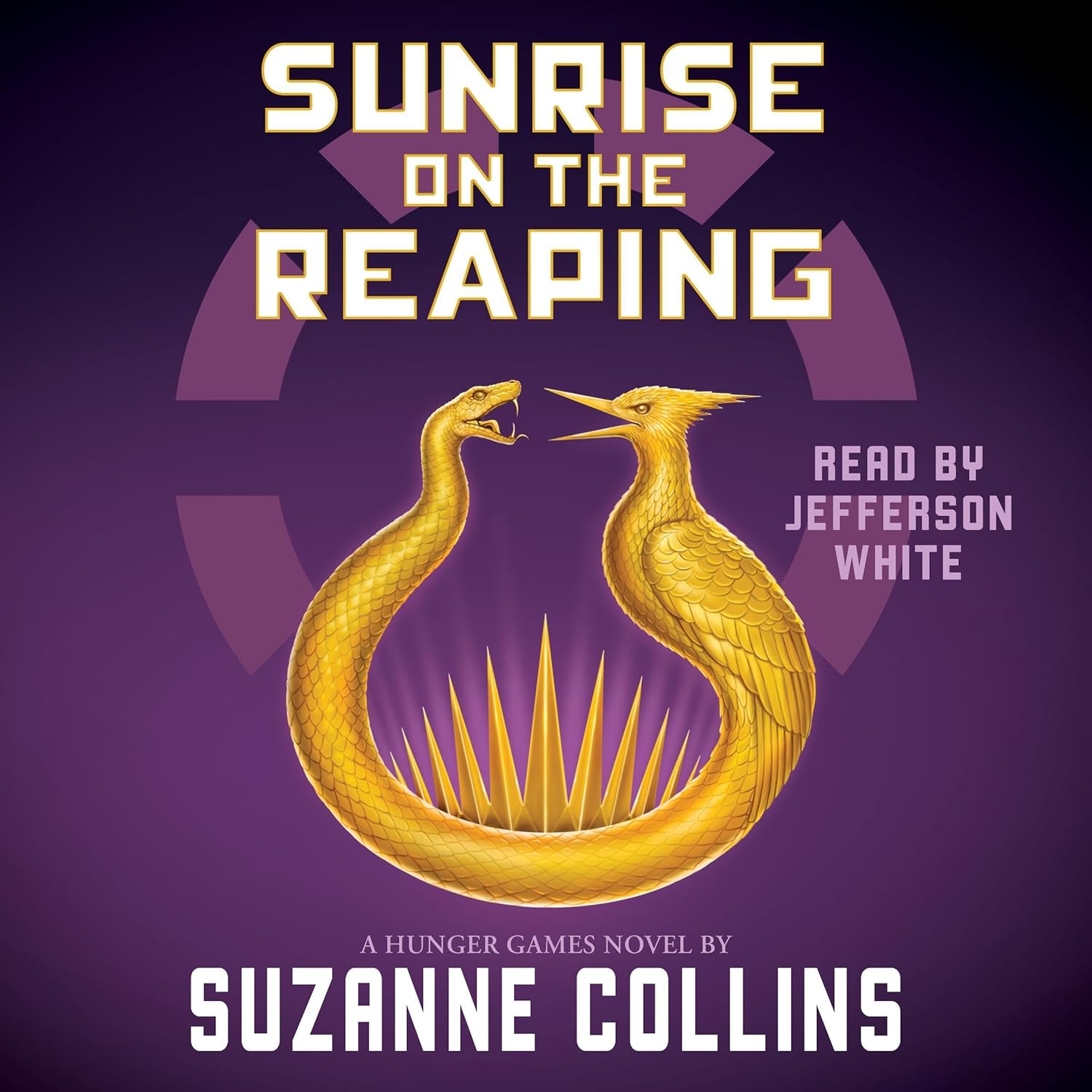Sunrise on the Reaping (A Hunger Games Novel) (The Hunger Games)
Page 28 Review
“The Hunger Games” – A Moment of Hope Before the Reaping
Suzanne Collins’ “The Hunger Games” plunges us into a dystopian world where survival is a daily struggle, and hope is a rare commodity. This particular excerpt, filled with seemingly mundane preparations, holds a poignant weight, foreshadowing the horrors to come while highlighting the resilience of the human spirit.
Prepping for the Inevitable
The opening lines, “Got some chores, but I should be done about three. We’ll go to the woods, okay?” “We’ll go to the woods.” She confirms it with a kiss,” offer a glimpse into a relationship built on shared responsibility and a quiet understanding. The woods, a symbol of freedom and sustenance, provide a brief respite from the oppressive reality of District 12.
The description of preparing for the reaping is particularly striking: “Back home, I take a cold-water bucket bath and pull on the pants my pa got married in and a shirt my ma pieced together from handkerchiefs from the Capitol store where the miners shop. You have to at least try to look dressed up for the reaping. Turn up in raggedy clothes and the Peacekeepers hit you or arrest your parents because that’s not how you show respect for the Capitol war dead. Never mind that we had plenty of war dead of our own.” This passage underscores the hypocrisy and cruelty of the Capitol’s regime. The citizens of District 12 are forced to feign respect for their oppressors, even as they themselves suffer from poverty and loss.
Gifts of Survival: Flour, Flint, and Friendship
Amidst the grim preparations, moments of tenderness and generosity shine through. Ma’s birthday presents, “a year’s supply of flour sack underwear and a brand-new pocketknife, with strict instructions that the latter’s not to be used for mumblety-peg or any other knife games,” are practical gifts, reflecting the family’s constant struggle for survival. The pocketknife, a valuable tool for hunting and self-defense, symbolizes hope for a better future.
Sid’s gift, “a piece of flint rock wrapped in a grubby bit of brown paper, saying, ‘I found it in the gravel road by the Peacekeepers’ base. Lenore Dove said you’d want it,’” is especially significant. The flint represents the power to create fire, a symbol of warmth, light, and survival. Lenore Dove’s involvement suggests a network of support and resilience within the community. Katniss’s reaction, “I pull out my flint striker and try it out, making some beautiful sparks in the process,” highlights her resourcefulness and determination.
A Glimmer of Hope
The final exchange, “‘It’s an awful fine striker,’ says Sid, touching the bird wistfully. ‘How about tonight I teach you how to use it?’ I suggest,” offers a glimmer of hope amidst the looming darkness. The offer to teach Sid how to use the flint striker symbolizes the passing down of knowledge and skills, ensuring the survival of future generations. This act of kindness and connection serves as a powerful reminder of the enduring strength of the human spirit, even in the face of unimaginable adversity.
This small excerpt encapsulates the major themes of “The Hunger Games”: oppression, survival, hope, and the power of human connection. It serves as a compelling introduction to the world of Panem and the challenges faced by its inhabitants.
Buy full ebook for only $15: https://www.lulu.com/shop/suzanne-collins/sunrise-on-the-reaping-a-hunger-games-novel-the-hunger-games/ebook/product-e7496ww.html?page=1&pageSize=4
Read more: Toad Venom Rumors: Dark Humor and Absurdity

